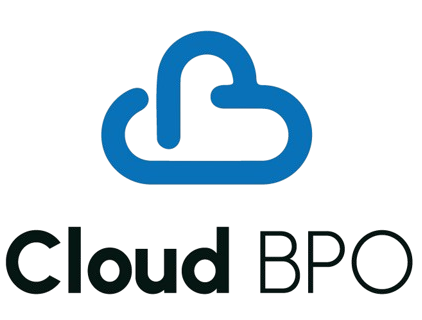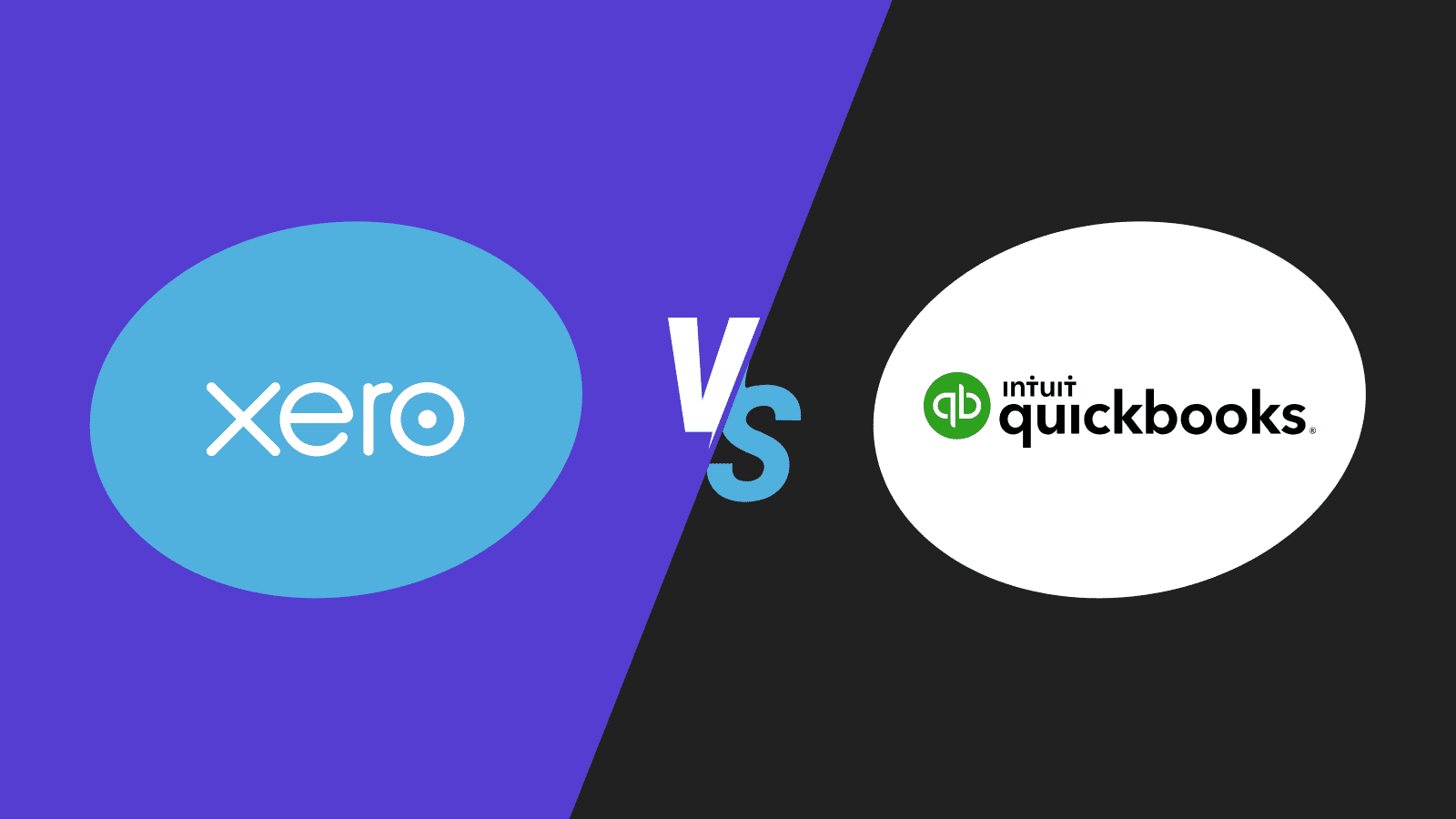In the sprawling landscape of modern employment, the traditional nine-to-five job is no longer the sole protagonist. Enter the gig economy, a phenomenon that has reshaped the way people work and earn a living. With its flexible schedules, diverse opportunities, and digital platforms connecting talent with demand, the gig economy has surged in popularity. However, amidst this evolution, a critical aspect often overlooked is the accounting implications for both workers and businesses alike. In this blog, we'll delve into the unique challenges and opportunities that accounting faces in the gig economy.
The Rise of Gig Workers
Gig workers, often referred to as freelancers, independent contractors, or solopreneurs, operate on a project basis, offering their services to multiple clients or platforms. From Uber drivers to freelance writers, graphic designers to virtual assistants, the gig economy encompasses a vast array of professions. This decentralization of work has provided individuals with newfound autonomy and flexibility, blurring the lines between work and personal life.
Accounting Challenges
While the gig economy offers freedom and flexibility, it also presents distinct accounting challenges for both workers and businesses:
1. Income Variability:
Gig workers often experience irregular income streams, making budgeting and financial planning more complex. Traditional accounting methods may struggle to adapt to this fluctuating income pattern.
2. Expense Tracking:
Freelancers must meticulously track expenses related to their work, including equipment purchases, travel expenses, and home office costs. Without proper record-keeping, they risk missing out on valuable tax deductions.
3. Tax Obligations:
Navigating the tax landscape as a gig worker can be daunting. Self-employment taxes, quarterly estimated tax payments, and deductions require careful attention to ensure compliance with tax regulations.
4. Financial Management:
Without employer-provided benefits such as healthcare and retirement plans, gig workers must manage their own finances responsibly. This includes setting aside funds for taxes, insurance, and retirement savings.
Opportunities for Innovation
Amidst these challenges, the evolving nature of the gig economy also presents opportunities for innovation in accounting practices:
1. Digital Solutions:
Accounting software tailored to the needs of gig workers can simplify income tracking, expense management, and tax preparation. These platforms offer real-time insights into financial health and automate repetitive tasks, saving time and reducing errors.
2. Collaborative Platforms:
As gig workers increasingly collaborate on projects and form virtual teams, accounting platforms that facilitate seamless invoicing, expense sharing, and revenue distribution will become indispensable.
3. Flexible Financing Options:
Fintech companies are developing innovative financing solutions tailored to the gig economy, such as income-based loans and flexible credit lines. These financial products provide gig workers with access to capital to fuel growth and manage cash flow.
4. Tax Planning Services:
Accounting firms specializing in the gig economy can offer tailored tax planning services, helping freelancers optimize their tax liabilities and maximize deductions. Proactive tax planning can mitigate surprises and ensure compliance with ever-changing tax laws.
Conclusion
As the gig economy continues to reshape the modern workforce, accounting practices must adapt to meet the evolving needs of gig workers and businesses operating in this space. By embracing digital solutions, fostering collaboration, and providing specialized services, the accounting industry can empower gig workers to thrive in an increasingly dynamic and interconnected world. Through innovation and adaptation, we can navigate the ledger of the gig economy with confidence and clarity.





